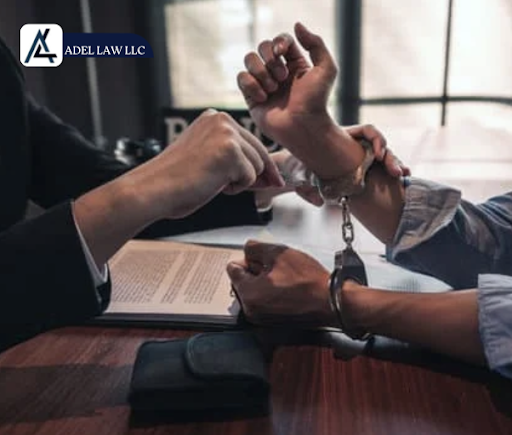Assault is a complex legal territory that can have profound implications on one’s life and liberty. It’s important to understand not only the actions that constitute assault but also the potential legal consequences and defenses available to those accused.
Assault charges can be levied for actions ranging from a threatened punch to actual physical contact. The severity of the charge often depends on the circumstances surrounding the incident, such as the intent, the presence of a weapon, and the outcome of the altercation.
Here are the key legal consequences associated with assault:
- Legal repercussions: Depending on the severity, penalties can range from fines and community service to imprisonment. Aggravated assaults, where severe injury or weapons are involved, can lead to more significant sentences.
- Impact on personal life: Beyond the courtroom, an assault conviction can affect employment opportunities, relationships, and social standing. It’s a stigma that can persist, altering how a community views the convicted individual.
Defending oneself against assault charges is crucial and can vary significantly from case to case. One of the most common defenses is claiming self-defense. To successfully use this defense, one must prove that the force used was necessary and proportionate to the threat faced. This can often involve detailed testimony and evidence showing that the accused genuinely perceived a threat to their safety.
In addition to self-defense, other legal defenses include defense of others and defense of property. Each of these defenses must clearly demonstrate the necessity of the actions taken in response to the perceived threat.
Preventive measures are also vital in addressing the root causes of assault. Educational programs that focus on conflict resolution and emotional regulation can equip individuals with the tools they need to handle disputes without escalating to violence. Community engagement initiatives can further aid in creating a safer environment for all members.
Understanding the nuances of assault, its consequences, and the available defenses helps individuals navigate the legal system more effectively. It empowers citizens to advocate for themselves and others, ensuring that justice is served while promoting a safer society.




